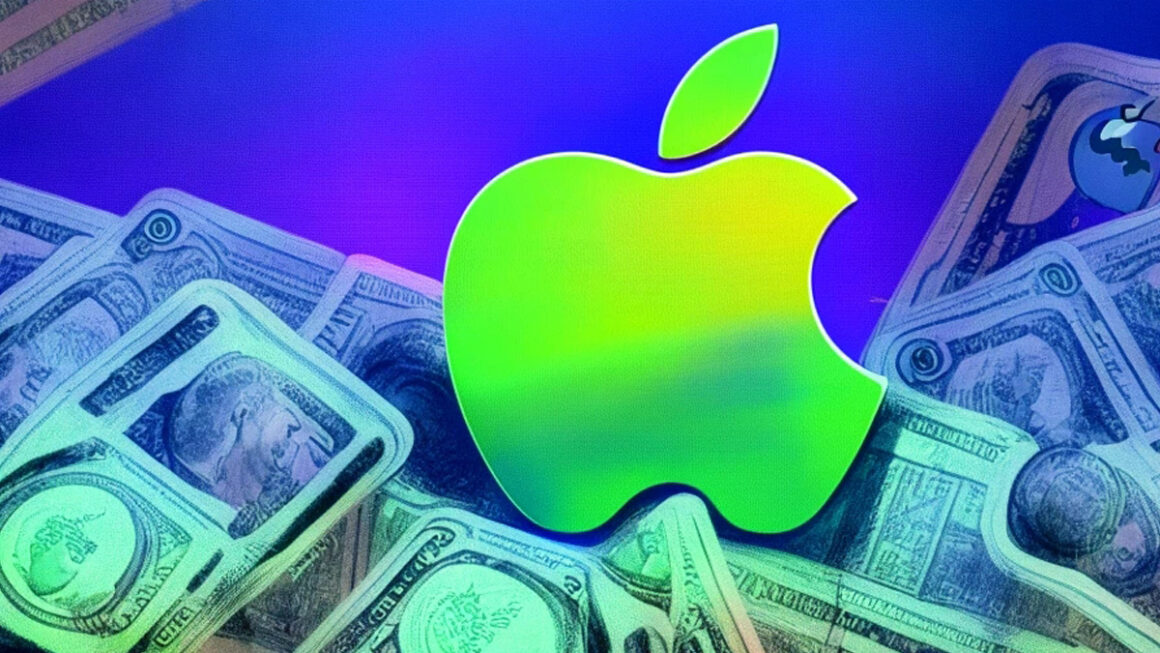The appeals court primarily upheld Apple’s victory over Epic Games, but ruled that Apple cannot prohibit app developers from avoiding its 30% cut.
A federal appeals court in the United States has ruled that Apple violated California’s Unfair Competition Law by prohibiting app developers from using payment methods other than those of the tech giant’s own App Store, which levies a 30% fee on most transactions. The ruling could have significant implications for NFT and crypto developers.
The legal challenge to Apple’s 30% App Store tax
The U.S. Court of Appeals for the Ninth Circuit made the decision late on Monday. It was part of a re-evaluation of a lawsuit brought by Epic Games, the company that made Fortnite, against Apple in 2020. Epic Games claimed that Apple had a monopoly on the market for mobile games. Apple won most of that claim in 2021, and it mostly won again on Monday. In both cases, the judges said that Apple does not have a monopoly on gaming apps.
However, the victories came with a significant caveat. The initial judge in the case stated in 2021 that Apple was impeding competition by prohibiting app developers from directing customers to alternative payment methods. The panel on Monday upheld that conclusion.
Tim Sweeney, the founder and CEO of Epic Games, tweeted that “Apple prevailed” in a general sense, but defended Epic’s Monday victory.
“Fortunately, the court’s positive decision rejecting Apple’s anti-steering provisions frees iOS developers to send consumers to the web to do business with them directly there,” Sweeney tweeted. “We’re working on next steps.”
If the ruling stands, it could help Web3 app developers in many ways. Apple opened its App Store to NFTs in September of last year. However, NFTs could only be sold through Apple’s own payment system, which takes 30% of most purchases.
The Web3 community reacted negatively to this enormous tax. Access to the App Store, and the over 1 billion iPhones and iPads it reaches, represents a tremendous opportunity for Web3 companies seeking mainstream penetration.
However, given Apple’s payment policies, most developers were unable to take advantage of this opportunity. OpenSea, a prominent NFT marketplace, has historically charged a 2.5% commission on NFT sales; however, the company recently eliminated this fee to better compete with rivals.
In October, Apple updated its policies to make it clear that NFTs can only be used to unlock additional content or features in an app if they were bought through Apple’s in-app payment system. This made it even harder for NFT-powered apps to be sold in Apple’s store.
The move placed additional restrictions on token-gating, the practice of granting NFT holders access to exclusive communication channels, merchandise, and other perks, by requiring developers to accept Apple’s 30% share of sales in order to enable such utility.
But after Monday’s decision, things could soon look very different for NFTs. Apple told Boomberg that it is “considering a further review” of the decision. But if Apple doesn’t appeal or if the ruling is upheld again, NFT developers may not only be able to use NFTs bought on the internet to unlock features in iOS apps, but they may also be able to tell people using those apps to buy NFTs from sites that don’t charge exorbitant fees.
Also, easing these limits could make it possible to use cryptocurrency in app-related transactions, which Apple’s rules currently forbid.
Content Source: decrypt.com
The post Legal battle over Apple’s 30% tax on iOS could pave the way for Crypto, NFTs to thrive appeared first on NFT News Pro.
